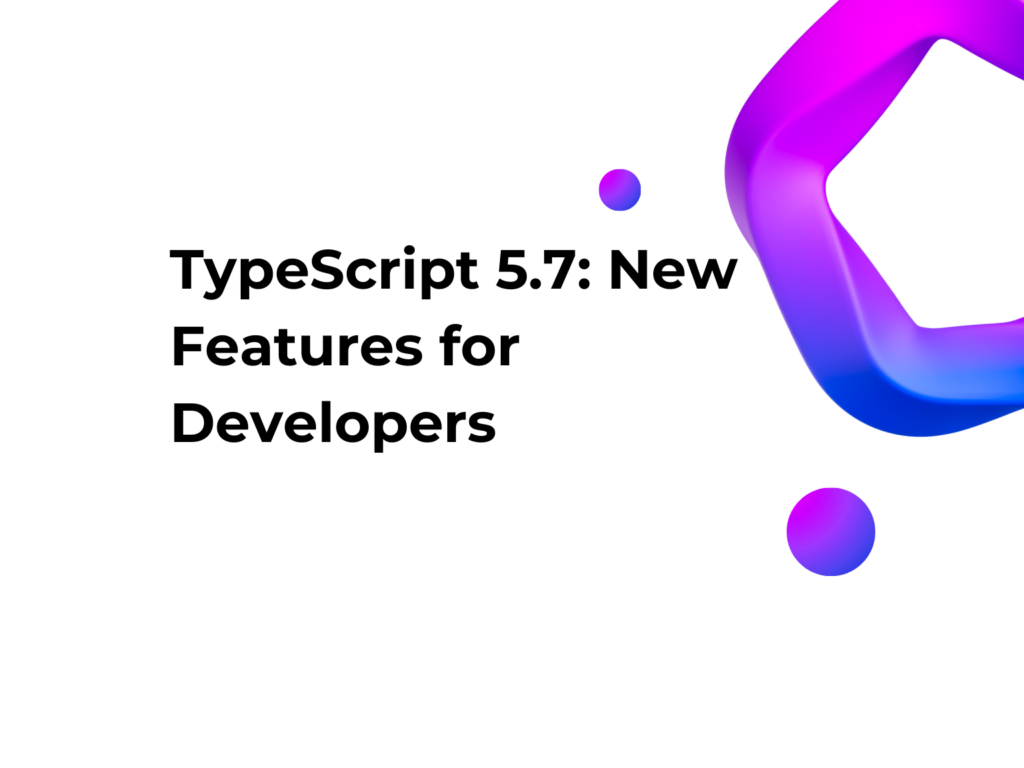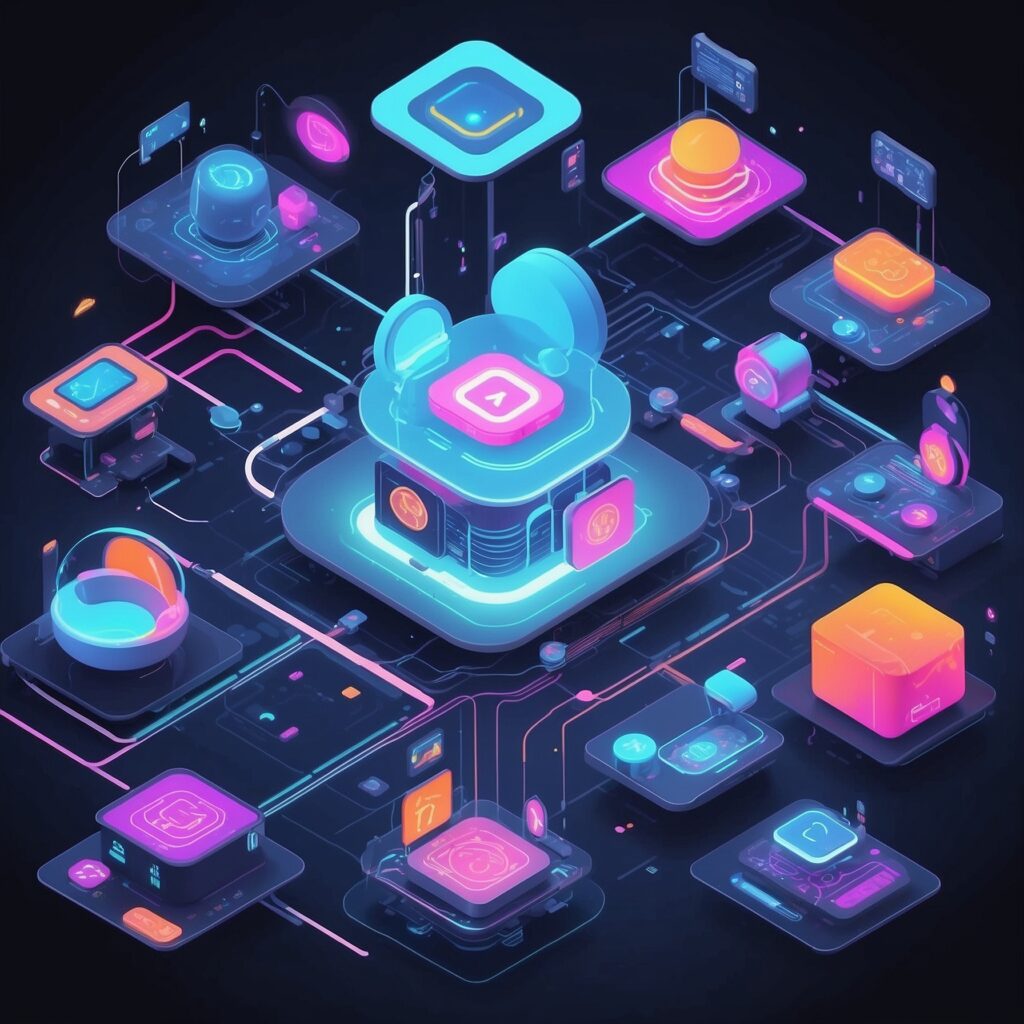Explain Quantum Computing: Basics and Applications
In recent years, quantum computing has gained the attention of many developers, promising to revolutionize various sectors, including the world of programming. Although it may seem like a complex topic, it is possible to explain quantum computing in simple terms, understand its core concepts, and start experimenting with available tools. In this article, we will explore its fundamentals, how it is used in software development, and how it differs from traditional computing. We’ll also highlight real-world applications and guide you on how to get started with hands-on practice using beginner-friendly quantum programming platforms.
What is Quantum Computing?
Quantum computing leverages the principles of quantum mechanics, using units of information called qubits. Unlike classical computers, which work with traditional bits (0 or 1), qubits can exist in both states simultaneously thanks to a phenomenon called superposition. Additionally, they can be linked together through entanglement, allowing quantum computers to solve certain problems much faster than traditional computers.
Applications of Quantum Computing in Software Development
Although quantum computing is still in an experimental phase, the following potential use cases and application fields in software development could emerge:
- Advanced Optimization:
- Possible Use Cases: An airline could use quantum computing to find the optimal combination of flights and gate assignments, reducing wait times and improving operational efficiency.
- A logistics company could use quantum computing to optimize delivery routes, reducing fuel consumption and improving shipping times.
- Quantum Machine Learning:
- Possible Use Cases: A recommendation engine for movies and TV series could use quantum computing to analyze large amounts of user data faster and generate more accurate suggestions.
- A company developing voice assistants could improve speech recognition using quantum machine learning algorithms to distinguish accents and inflections more quickly.
- Security and Cryptography:
- Possible Use Cases: Quantum algorithms could be used to decrypt current encryption methods, while at the same time, new techniques such as quantum cryptography could guarantee an unprecedented level of security.
- A government communication system could implement quantum cryptographic keys to protect sensitive information from cyber-attacks.
- Advanced Simulations:
- Possible Use Cases: Quantum computing can help simulate the behavior of new molecules to discover innovative drugs.
- A pharmaceutical company could use a quantum computer to simulate the behavior of a protein in the human body, accelerating the discovery of new treatments.
How to Get Started with Quantum Computing?
Even if you have no experience with quantum mechanics, you can start exploring quantum computing with a few simple steps:
1. Learn the Fundamental Concepts
Understanding a few basic concepts is enough to start grasping how this technology works:
- Superposition: In classical computers, a bit can be either 0 or 1. In quantum computers, a qubit can be both 0 and 1 at the same time. This allows many operations to be performed in parallel, making calculations much faster for certain problems.
- Entanglement: Two or more qubits can be “entangled,” meaning the state of one depends on the state of the other, regardless of the distance between them. This phenomenon can be used to enhance communication and data processing.
- Measurement Principle: When a qubit is measured, its state collapses into one of the possible values (0 or 1). This means that we cannot observe the quantum state without altering it, which is a fundamental aspect of quantum computing.
2. Use Quantum Programming Frameworks and Simulators
You can start experimenting with tools that allow you to write and execute quantum code and test it on online simulators, including:
- Qiskit (IBM Quantum): An open-source library for creating quantum programs, with access to simulators and real quantum computers.
- Cirq (Google): A framework that allows the simulation of quantum circuits on a local computer.
- PennyLane: Another useful tool for exploring the quantum world.
- IBM Quantum Experience (IBM Q): A cloud platform that provides quantum simulators and access to real quantum computers.
- Microsoft Quantum Development Kit (QDK): Includes quantum simulators for developing algorithms using Q#.
These tools enable developers to write quantum code and test it before running it on real hardware.
3. Take Online Courses and Resources
There are many free courses available to help you learn quantum computing from scratch, including those offered by IBM and Google.
Conclusion
Quantum computing could change the world of programming in the coming years. Although it is not yet ready for everyday use, developers can start exploring it and preparing for the future. Investing time in learning this technology can open new opportunities and competitive advantages.

